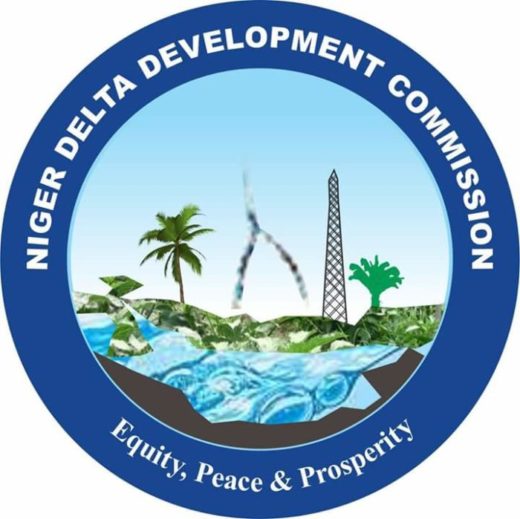By Amangala Fred
The Niger Delta Development Commission (NDDC), established to drive infrastructure renewal and human capital development across the oil-producing region, once symbolised hope for inclusive growth. Today, however, it sits uneasily at the intersection of personal political ambition and weakened governance, as real oversight in project execution appears to have taken a back seat.
The agency’s leadership is increasingly perceived as navigating the dual challenge of delivering development projects while managing political expectations from various power blocs within and outside the region.
At the centre of this tension is the Managing Director, Dr. Samuel Ogbuku, whose tenure has become a focal point in discussions about the Commission’s direction. Public perception under his watch continues to erode as credibility concerns mount.
While his supporters cite efforts to stabilise operations and improve community engagement, a growing number of critics argue that political calculations and alignments have begun to overshadow the NDDC’s core developmental priorities.
Board decisions, project selections, and internal postings, they claim, often reflect the push and pull of competing political interests rather than a coherent strategic plan.
The Commission’s developmental agenda under the current leadership increasingly favours short-term, low-impact interventions such as scattered solar installations—accompanied by what many describe as excessive, self-promotional media visibility.
In recent months, Dr. Ogbuku’s image has dominated billboards across major Nigerian cities, particularly in his home state, where his publicity materials reportedly outnumber those of the President and the sitting Governor. These displays, said to commemorate his 50th birthday and the NDDC’s 25th anniversary, have drawn widespread public criticism.
Reports also suggest that billions of naira were expended to host former Chief Executives of the Commission in Lagos. While Ogbuku’s media team denied these allegations, claiming that private associates funded the celebrations, their conflicting explanations have only deepened public skepticism.
The effects of this politicisation are visible on the ground. Projects that once symbolised the Commission’s presence in the Niger Delta are reportedly stalled or abandoned, as administrative focus shifts toward internal repositioning and political appeasement. Contractors and community stakeholders lament that technical oversight and project monitoring have weakened, leaving many initiatives stranded between conception and completion.
Within the Commission, morale is said to be strained by an atmosphere of uncertainty. Appointments and reassignments have become flashpoints for speculation about loyalty and political alignment. Insiders warn that such an environment undermines productivity and raises questions about accountability – two elements essential for an agency managing billions in development funds.
Reports of a rift between the Managing Director and the Executive Director, Finance and Administration, allegedly over issues of high-handedness, are further fuelling discontent and creating ripple effects across departments.
Observers across the Niger Delta have cautioned that unless the Commission recalibrates its focus and restores confidence in its leadership, it risks losing not only its institutional credibility but also the trust of the very communities it was created to serve.
“The NDDC must urgently return to its founding vision prioritising transparency, continuity, and measurable impact over the short-term politics that continue to distract its management from the region’s real needs,” says Chief Ralph Opunabo.
However, critics argue that under the current leadership, the NDDC’s founding ideals are unlikely to be restored, as Dr. Ogbuku’s reported focus appears to be on contesting the governorship of his home state. While no one questions his right to seek elective office, the moral concern lies in the alleged use of public resources to fund political ambitions.
If Dr. Ogbuku is truly interested in serving the people of his state politically, he owes it to the Niger Delta to either face his job squarely and deliver on his mandate or honourably resign to pursue his political adventure elsewhere. The region cannot continue to bear the cost of divided loyalties at a time when development expectations remain high and public confidence is fragile.
Growing unease across the Niger Delta reflects widespread allegations that some projects are being cancelled and re-awarded to favoured contractors ahead of political goals. Contractors perceived as unwilling to compromise are said to be denied funding or pressured to surrender their contracts for payoff, only for those same projects to be re-awarded at inflated costs to cronies who return portions of the funds as kickbacks.
If left unchecked, these practices threaten to erode public trust and further undermine the NDDC’s core mandate to deliver sustainable development and social equity to the people of the Niger Delta, who continue to bear the brunt of economic neglect and environmental degradation.


